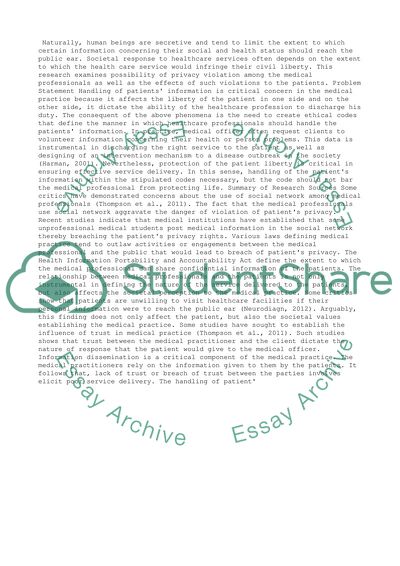Cite this document
(“Ethical Considerations of Health Information Management Essay”, n.d.)
Retrieved from https://studentshare.org/management/1493222-ethical-considerations-of-health-information
Retrieved from https://studentshare.org/management/1493222-ethical-considerations-of-health-information
(Ethical Considerations of Health Information Management Essay)
https://studentshare.org/management/1493222-ethical-considerations-of-health-information.
https://studentshare.org/management/1493222-ethical-considerations-of-health-information.
“Ethical Considerations of Health Information Management Essay”, n.d. https://studentshare.org/management/1493222-ethical-considerations-of-health-information.


